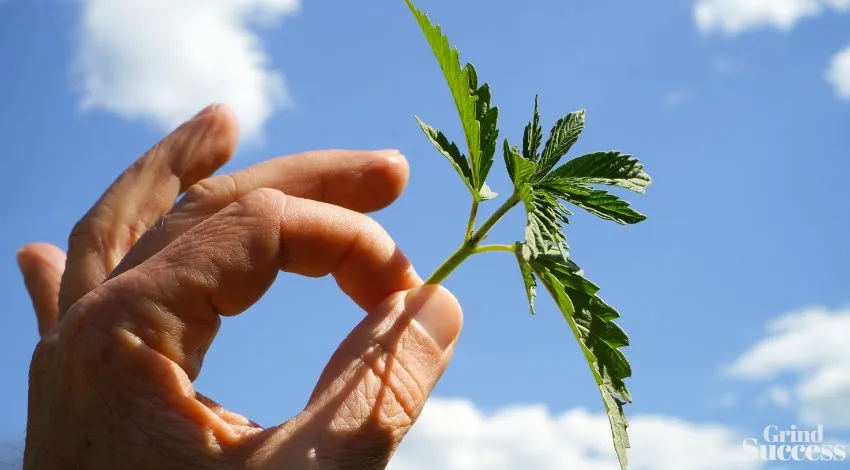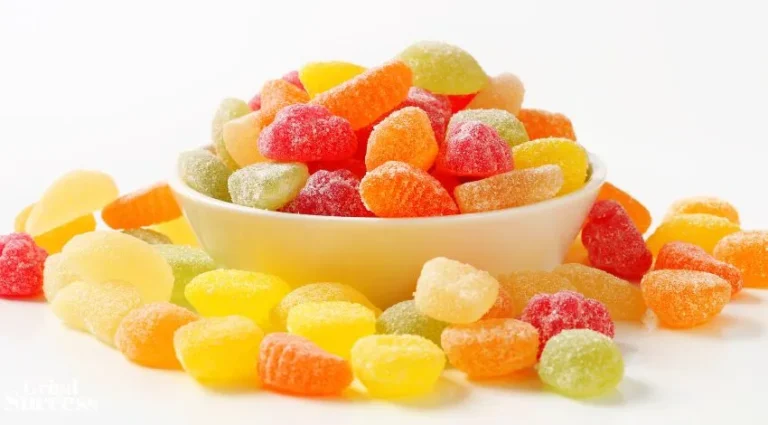Pop Culture’s Influence On Cannabis Use And Legislation

Throughout recent years, pop culture has gained popularity, influencing attitudes about cannabis use and legislation. Social scientists have even been able to tie pop culture to the attitudes of the general public.
It’s impressive how pop culture can become part of our everyday activities, especially for cannabis users. For cannabis users, as they purchase cannabis, hypes from pop culture may flash into their minds, making them wonder.
It happens at the most random times to every pothead!
Hip-hop culture
Hip-hop culture and cannabis use have a long history, but in recent years, it has come under the spotlight. Many black musicians have been the latest targets of the federal government’s War On Drugs, a campaign that started over 30 years ago.
This campaign aimed to combat the rising use of heroin and crime, and cannabis was designated a Schedule I drug. As a result, simple possession of a small amount of cannabis was punishable by two to 10 years in jail.
The popularity of weed in hip-hop has had a major impact on how marijuana is used. Hip-hop artists often make reference to marijuana use and use it to describe the world they live in.
For example, in the ’90s, rappers like Cypress Hill marketed cigars using cannabis-infused tobacco. Another artist, Dr. Dre, promoted a particular strain as a “chronic” strain.
Oscar-nominated films
According to IBISWorld, Oscar-nominated films are more likely to receive a bump in box office sales than other movies.
A film that wins the best picture award gets an average of a 22.2 percent bump in box office sales compared to a movie that loses the award.
The average Oscar bump also differs significantly by award category. Among the Oscar-nominated films, a number of films that feature drug use episodes were found to influence audience behavior.
These films reflected the culture of those countries where drug use is common. In countries where drug use is widespread, many films portray drug use in a positive light. They also portray drug use in a neutral context.
George W. Bush’s use of marijuana
In the late 90s, an aide to George W. Bush was interviewed by Doug Wead. He admitted to smoking marijuana but said he didn’t want his children to follow his example.
Bush wasn’t the only politician to try the drug. Others have admitted to using it with a mix of regret and pride.
In the early 1990s, marijuana was considered illegal by federal law. As a result, the Bush Administration aggressively enforced federal prohibition.
The Drug Enforcement Administration, led by Drug Czar John Walters, created a climate of fear among states. By the time Bush left office, only thirteen states had legalized marijuana.
And even then, these states could not guarantee their residents’ safety from federal raids.
Hollywood’s depiction of marijuana
It’s no secret that Hollywood has had a profound effect on cannabis legislation and use. Many of the movies featuring pot have been critical successes, yet they spawned numerous stereotypes about marijuana and its use.
For example, the 1990s film “The Big Lebowski” portrayed weed users as murderers, gangsters, and lower-class scum. That imagery helped push cannabis out of the realm of socially acceptable use and into the mainstream.
Media’s portrayal of marijuana
The media’s portrayal of marijuana as a killer drug is unjustified. The drug is no more dangerous than alcohol or tobacco. In fact, these two substances kill millions of people each year.
Yet, marijuana’s negative connotations are still largely unchallenged in the media. The recent legalization of marijuana provides some hope that the public will change its perception of this plant.
The stigma of marijuana has become less pronounced than it once did. In the 1930s, marijuana was viewed as a dangerous, deviant drug, which led to the creation of laws banning its possession. This stigma was driven primarily by political agendas and racial tensions.
However, scientific research is helping to change the perception of marijuana. In time, society will realize that marijuana is not a deadly drug and that its use is beneficial.






